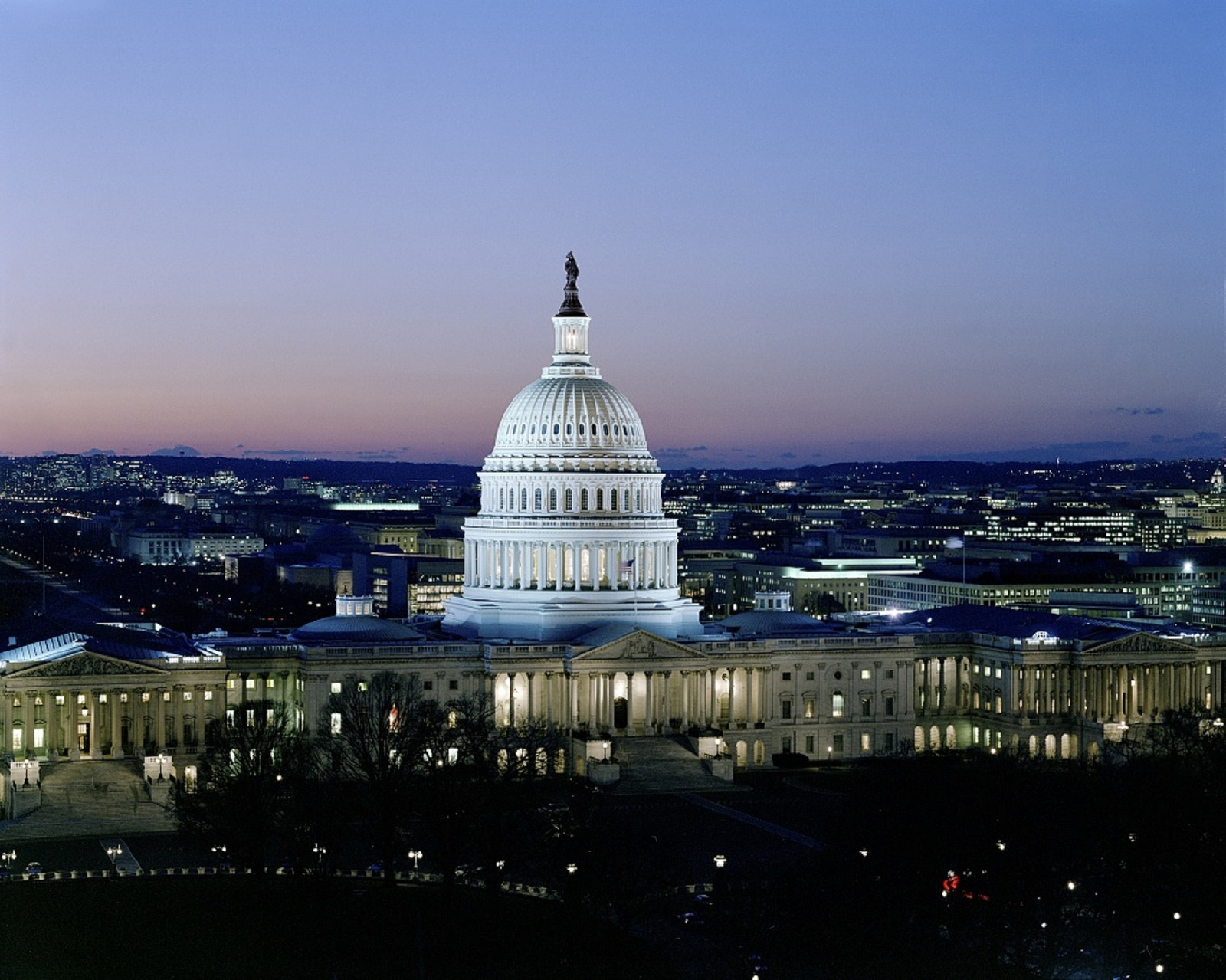By Anita Byer
COVID-19 will change our world in many ways, some good and some bad. The same holds true for the insurance marketplace. While in the midst of the crisis, it is hard to predict, but the following considerations should be noted.

Property policy and the corresponding business interruption coverage terms will be more restrictive, with insurers making certain to exclude (or make clear) that certain triggers to loss will not be covered. These excluded triggers will be viruses, contagious diseases, pandemics, epidemics, bacteria, pollution and as many more terms as needed to make it terribly clear that the policies will not cover biological damages. While many policies have these exclusions now, there are efforts on the part of a few states and attorneys to void the terms of the current contract. While any action to void contract language on a wholesale basis will be met with challenges, the states that have taken this position might find that insurers retreat from those states and offer limited property protections.
Specialty markets are already launching virus insurance in the form of indemnity and parametrics protections. This type of insurance was offered years ago, but the price tag caused the failure of these insurers. They will certainly try to find a market. Premiums will be 1 to 5 percent of the limit sought. So, metropolitan areas would possibly pay $50,000 for a $1 million limit in coverage.
Workers compensation insurance, if certain COVID-19 cases are determined to be occupational in nature, could modify pricing for certain industries, such as healthcare and assisted living facilities.
Commercial general liability, directors and officers and employment practices may see pricing increases due to the possibility of increased litigation—employers now have additional laws to comply with and errors will certainly occur. Even in the absence of errors, certain segments of the workforce will seek to recover their economic losses by finding a soft target.
Health insurance should increase due to the COVID claims.
Certain classes of products liability will see additional scrutiny in the underwriting process, as many products that are being rushed to market may cause damages. While there is a new federal law that ‘holds harmless’ the organizations that are building these products, this law may not have the impact it needs, as these products will age in the system and insurers may be faced with future claims. Perhaps we will see insurance exclusions for such products.
America was heading into a hard market with most insurance lines were increasing in cost. With the new financial/investment troubles, combined with underwriting losses, and possible future decreases in demand for insurance, the market may become soft again, despite performance. In the longer term—two years plus—the market should significantly harden.
Anita Byer is president of Setnor Byer Insurance & Risk, an Independent Insurance Agency formed over 30 years ago to provide property, casualty and group benefit products and services to businesses and families. Email her at anita.byer@setnorbyer.com













